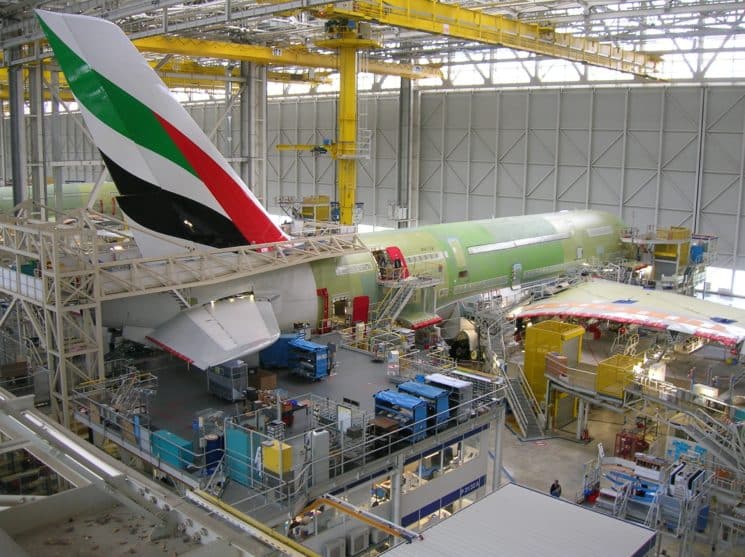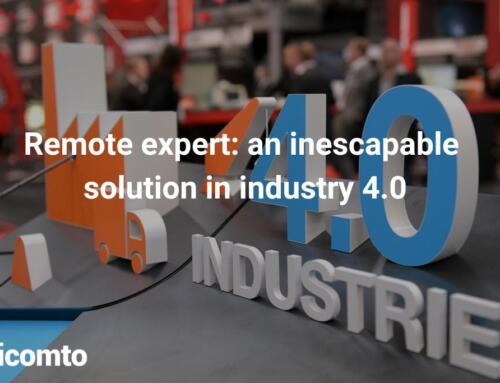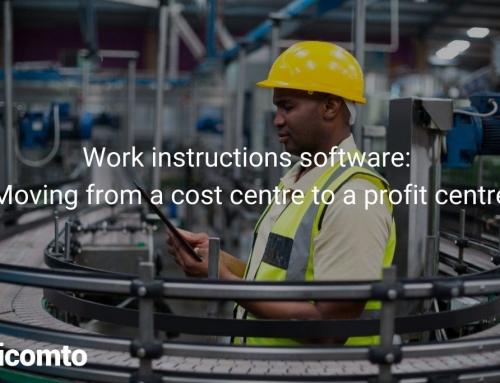
Some companies have already entered the digital age by integrating the new technologies it brings and reorganizing themselves accordingly. Others have only just begun this digital transformation and are stepping up their efforts to avoid being on the sidelines of this evolution. All of them are well aware that this is a necessary step to preserve their competitiveness. While they each approach it in their own way, their approaches are broadly similar, such as the need to work on the many aspects that industry 4.0 involves: collaboration, change management, the implementation of a digital culture within them, among others.
Digital transformation to the heart of the plant
The business world is changing rapidly. The nature of this transformation is obvious to everyone: the transition to digital. It seems that organizations are giving themselves the means to carry out this transformation, if we refer, for example, to the figures provided by PwC (PricewaterhouseCoopers), the network of companies specializing in audit and business consulting.
According to a recent study conducted by the latter among more than 2000 industry players in some 20 countries, industrial companies plan to invest more than 900 billion dollars (860 billion euros) per year in their digital transformation by 2020.
The campaign is therefore well underway, especially since it is encouraged by optimistic prospects, as the companies surveyed in this study believe that they can benefit from a return on investment in less than 2 years.
The path of digital transformation that the industry has embarked on will inevitably disrupt organizations within companies. It promises significant changes in the role of man in the factory, a phenomenon that has been observed for several years now: jobs formerly and until now dedicated to humans are destined to be handled by machines, but at the same time, other new qualifications are emerging, particularly in the fields of predictive maintenance and the configuration of control systems. The development of robotics, in which robots assist humans and some of their tasks are automated. This is part of this logic of business transformation, characterized by the hybridization and requalification of positions.
Interconnected systems, mobility and changing the relationship between the company, its partners and customers (with an increased personalization of the offer) are other aspects inherent to the development of the digital factory.

Adapting to change
The arrival of digital technology in the industry is therefore pushing companies to adapt and ensure that all its employees can do the same. The implementation of new technologies and methods requires the development of an approach that facilitates employees’ acceptance of these tools and media that modify their work practices and environment, including how to access and apply work instructions (ported to digital media). To this end, a well-managed change management policy must be organized. Also called change management or innovation management, it involves training the company’s members to enable them to acquire the necessary theoretical and practical knowledge.
It therefore leads to the establishment of a real digital culture within the company, considered by many specialists as a key factor in the success of digital transformation.
About Picomto
Picomto is a web and mobile software solution to create, manage, share and analyze maintenance procedures and work instructions in a visual and interactive way.





Leave A Comment